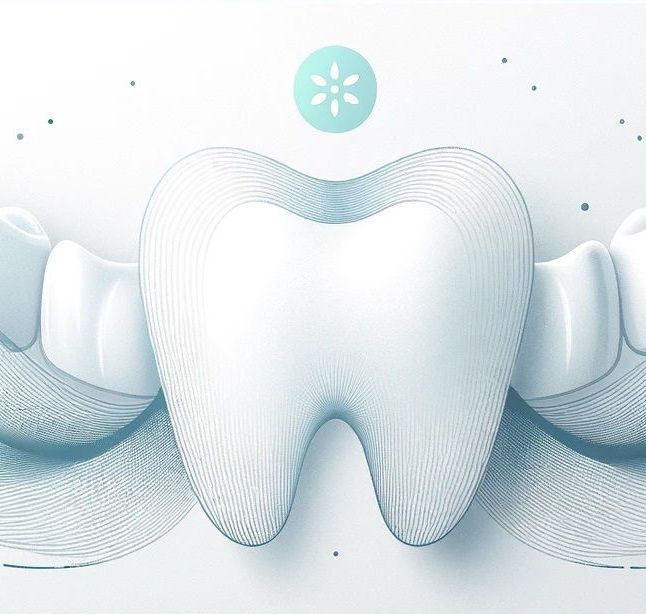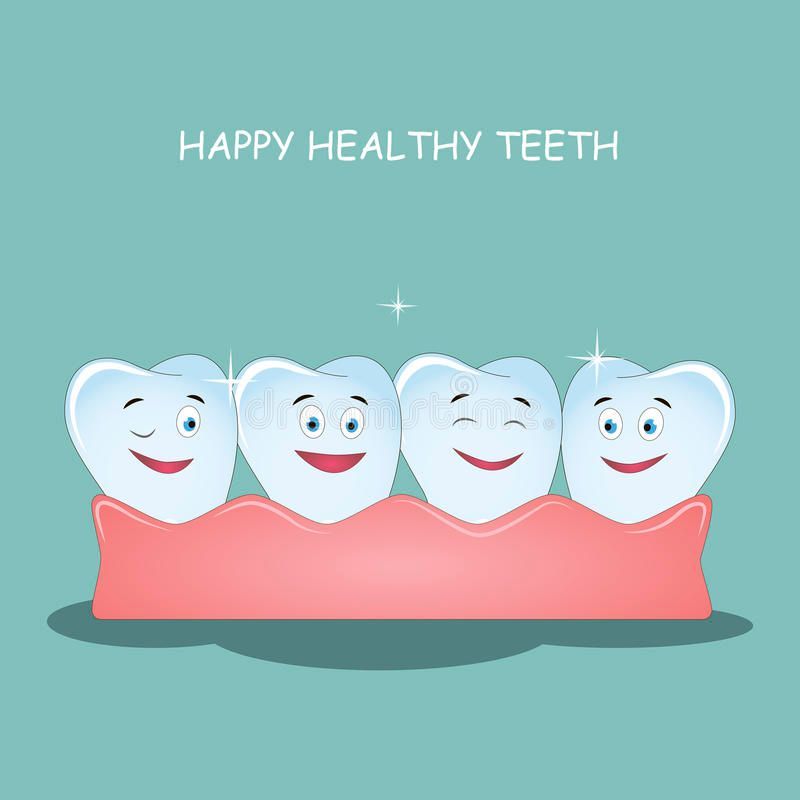-
Huntington Beach: 16052 Beach Blvd Ste. 112, Huntington Beach, CA
Emergency: (714) 600-4456
Huntington Beach: 16052 Beach Blvd Ste. 112, Huntington Beach, CA
Fountain Valley: 17991 Euclid St, Fountain Valley, CA
-
Fountain Valley: 17991 Euclid St, Fountain Valley, CA
All You Need To Know About Dental Implants
In-depth Information About Dental Implants
Dental implants are a popular and effective tooth replacement option for individuals who have lost one or more teeth due to injury, decay, or other dental issues. They are designed to look, feel, and function like natural teeth, and with proper care and maintenance, they can last for many years or even a lifetime. In this article, we'll explore everything you need to know about dental implants, including their benefits, the implant procedure, and aftercare.
What are dental implants?
A dental implant is a small, screw-like post made of titanium that is surgically placed into the jawbone to serve as an artificial tooth root. It is used to support one or more replacement teeth or a full set of dentures. Dental implants are designed to mimic the function and appearance of natural teeth, and they offer several advantages over other tooth replacement options such as dentures or bridges.
Benefits of dental implants
There are many benefits to choosing dental implants over other tooth replacement options, including:
- Improved stability: Dental implants are surgically placed into the jawbone, which allows them to integrate with the bone and provide a stable foundation for replacement teeth.
- Better chewing ability: Because dental implants are securely anchored into the jawbone, they allow for more efficient chewing and better digestion.
- Natural appearance: Dental implants are designed to look and feel like natural teeth, which can improve self-confidence and overall quality of life.
- Long-lasting: With proper care and maintenance, dental implants can last for many years or even a lifetime.
The implant procedure
The dental implant procedure typically involves several steps, including:
- Consultation and evaluation: Your dental professional will evaluate your dental health and determine whether dental implants are a suitable option for you. This may involve taking x-rays or other imaging tests to evaluate the jawbone and surrounding tissue.
- Implant placement: Once it's determined that you are a good candidate for dental implants, the implant(s) will be surgically placed into the jawbone. This is typically done under local anesthesia, and most patients report little to no discomfort during the procedure.
- Healing and integration: After the implant(s) is placed, the jawbone will need time to heal and integrate with the implant(s). This process typically takes several months, during which time you may wear a temporary restoration.
- Restoration placement: Once the implant(s) has fully integrated with the bone, a crown or other type of dental restoration will be attached to the implant to replace the missing tooth.
Aftercare for dental implants
Aftercare is an important part of maintaining the health and longevity of dental implants. Some key tips for aftercare include:
- Practice good oral hygiene: Brush and floss regularly to keep the implant and surrounding tissue clean.
- Attend regular dental checkups: Your dental professional will monitor the health of the implant and surrounding tissue and recommend any necessary treatments or adjustments.
- Avoid smoking: Smoking can negatively impact the healing process and increase the risk of implant failure.
- Eat a healthy diet: A diet rich in nutrients can support the healing process and help to maintain the health of the implant and surrounding tissue.
Cost of dental implants
The cost of dental implants can vary depending on a number of factors, including the number of implants needed, the type of restoration used, and the geographic location of the dental office. However, many dental professionals offer financing or insurance options to help make dental implants more affordable for their patients.
In conclusion, dental implants are a popular and effective tooth replacement option that offer many benefits over other options. If you're considering dental implants, it's important to consult with a dental professional to determine if they are right for you and to discuss any questions or concerns you may have about the procedure. With proper care and maintenance, dental implants can be a great long-term investment in your oral health. Below are the most commonly asked questions and brief answers about the procedure.
- What are dental implants made of, and how are they placed?
Dental implants are typically made of titanium, a biocompatible material that integrates well with the bone. The implant is placed into the jawbone through a minor surgical procedure, and a crown or other type of dental restoration is then attached to the implant to replace the missing tooth. - Are dental implants painful, and what is the recovery process like?
Dental implant surgery is typically done under local anesthesia, so patients usually experience little to no pain during the procedure. Afterward, there may be some mild soreness or swelling for a few days, but this can be managed with over-the-counter pain relievers. - How long do dental implants last, and what is their success rate?
Dental implants have a success rate of over 95%, and with proper care and maintenance, they can last for many years or even a lifetime. - What are the benefits of dental implants compared to other tooth replacement options?
Compared to other tooth replacement options such as dentures or bridges, dental implants offer several advantages, including improved stability, better chewing ability, and a more natural appearance. - What are the risks and potential complications associated with dental implant surgery?
As with any surgical procedure, there are risks and potential complications associated with dental implant surgery, including infection, nerve damage, and implant failure. However, these risks are relatively low, and your dental professional can discuss them with you in more detail. - Can anyone get dental implants, or are there certain criteria that must be met?
While most people are good candidates for dental implants, certain factors such as bone density and overall health may affect your eligibility. Your dental professional can evaluate your situation and determine whether dental implants are right for you. - Is bone grafting necessary for dental implants, and what does the procedure involve?
In some cases, bone grafting may be necessary to ensure there is enough healthy bone for the implant to integrate properly. This involves taking bone from another part of the body or using synthetic material to rebuild the jawbone. - How many dental implants are needed for a full set of teeth, and how is the process different for a single missing tooth?
The number of dental implants needed for a full set of teeth can vary depending on the individual case, but typically four to six implants are used for the upper jaw and four to five implants for the lower jaw. For a single missing tooth, one implant is used to replace the root and support the restoration. - Are there any special care instructions for dental implants, and how do they affect daily oral hygiene routines?
Dental implants require regular oral hygiene care, including brushing and flossing, to maintain their health and longevity. Your dental professional may also recommend special tools or techniques to help keep the implant and surrounding tissue clean. - How much do dental implants cost, and are there any financing or insurance options available?
The cost of dental implants can vary depending on a number of factors, including the number of implants needed, the type of restoration used, and the geographic location of the dental office. However, many dental professionals offer financing or insurance options to help make dental implants more affordable for their patients.


About Us
With so many dental offices to choose from in Orange County, it’s difficult to find the one that’s ideal for you. At Oceanic Dental, compassion and expertise come together to provide concierge-level dental care that will help you achieve the smile you love.
24/7 Emergency Phone
Areas We Serve
Office Hours
-
Monday - Friday: 8AM - 5PM
-
Saturday: 8AM - 3PM
Locations
Huntington Beach
-
16052 Beach Blvd Ste 112 Huntington Beach, CA 92647
-
(714) 841–0203
Fountain Valley
-
17991 Euclid St Fountain Valley, CA 92708
-
(714) 378-0085
Oceanic Dental. All Rights Reserved.



